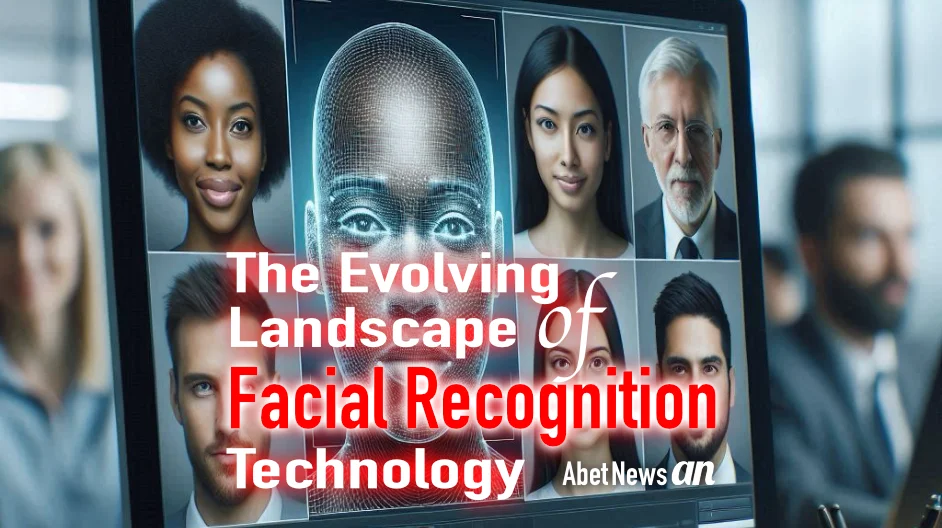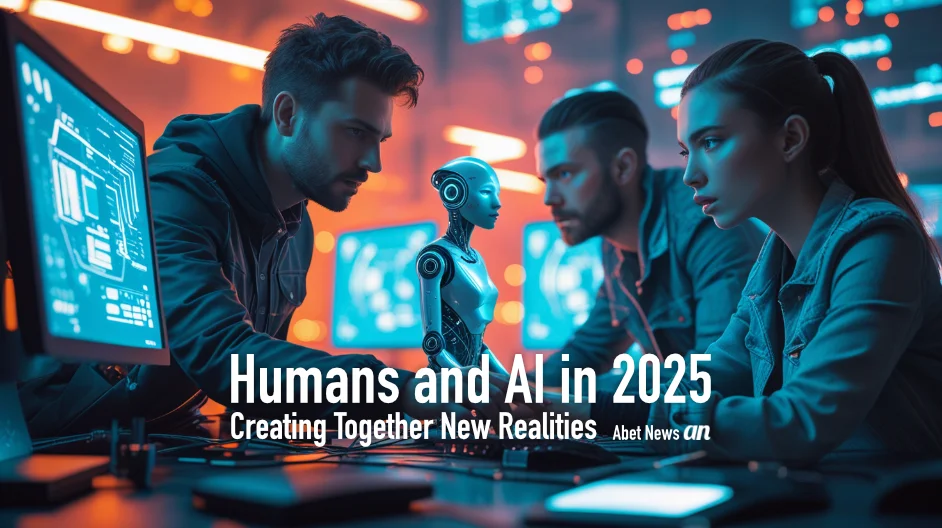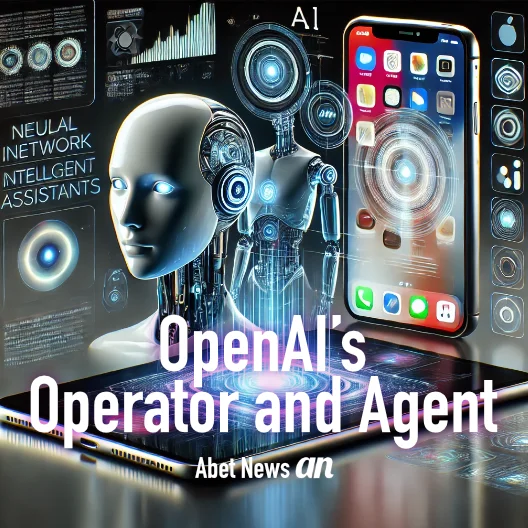The Evolving Landscape of Facial Recognition Technology

Facial recognition technology has rapidly advanced in recent years, driven by significant improvements in artificial intelligence and machine learning. These advancements have made facial recognition systems more accurate, efficient, and widely accessible, leading to diverse applications and raising important discussions about privacy and security.
Latest Developments in Facial Recognition Technology
Recent technological advancements and AI integrations have pushed facial recognition technology to new heights. Improved algorithms and higher-quality imaging systems have enhanced the accuracy and speed of facial recognition, enabling its use in various sectors, from law enforcement to consumer electronics.
DMV in California
In California, the Department of Motor Vehicles (DMV) is leveraging facial recognition technology to verify the identities of residents who wish to use digital driver’s licenses. This innovation aims to reduce wait times and enhance security, but it also raises concerns about the potential misuse of biometric data and the need for robust privacy protections.
Checkpoints
Facial recognition technology is being increasingly adopted at airports and border control checkpoints to verify travelers’ identities. This application aims to enhance security, streamline processes, and reduce wait times. However, it also brings up ethical considerations regarding data privacy and the potential for surveillance overreach.
Streetlights
Some cities have implemented streetlights equipped with cameras and facial recognition technology to improve public safety. While these face recognition streetlights can help law enforcement identify suspects and monitor high-crime areas, they also raise concerns about constant surveillance and the potential infringement on individual privacy.
Social Media
Social media platforms are incorporating facial recognition technology to verify users’ identities and reduce the prevalence of fake accounts. By scanning a user’s face against a database, platforms can confirm real-world identities and tackle impersonation issues. However, this practice raises significant privacy concerns due to the sensitive nature of biometric data collection and the potential for misuse.
Mobile Devices
Biometric data, such as fingerprints and facial recognition, are now commonly used on mobile devices for security purposes. Companies like Apple and Google have integrated these technologies to enhance user security and convenience. However, the widespread collection of such sensitive personal information has sparked privacy concerns, particularly regarding how this data is stored and used by tech giants.
Concerts
Facial recognition technology has also found its way into the world of entertainment, with its use at concerts and events to identify attendees. For example, Taylor Swift’s security team has used facial recognition at her concerts, while Madison Square Garden (MSG) has implemented it to identify and eject certain individuals. Despite its potential benefits for security, some artists have chosen to boycott venues that use this technology due to privacy concerns.
Ban Facial Recognition
The growing use of facial recognition technology has prompted a movement to ban or regulate its application, driven by privacy and ethical concerns. Organizations and activists are pushing for legislation to limit or prohibit facial recognition use, highlighting the importance of protecting individual privacy. The Congressional Scoreboard tracks the support for banning facial recognition technology, reflecting the ongoing debate over its future. BanFacialRecognition.com
Here are five leading facial recognition companies:
1. Cognitec Systems: Known for its FaceVACS Engine, Cognitec offers products for biometric entry screening, video scanning, and large database comparisons. cognitec.com
2. Sensory: This company provides recognition software that identifies users based on face and voice, prioritizing hassle-free identity screening and privacy. sensory.com
3. iProov: Specializes in Genuine Presence Assurance technology for online biometric authentication, used in banking and healthcare. iproov.com
4. Oosto: Offers Vision AI facial recognition platform for monitoring persons of interest and managing facility access. oosto.com
5. HyperVerge: Provides face authentication products to identify fraud and authenticate users quickly. hyperverge.co
These companies are at the forefront of developing advanced facial recognition technologies with various applications.

Facial recognition technology offers numerous benefits, from enhanced security to streamlined processes. However, it also poses significant challenges, particularly regarding privacy and ethical use. As the technology continues to evolve, finding a balance between security and privacy will be crucial to ensuring its responsible implementation.
Amy H.






4 comments on The Evolving Landscape of Facial Recognition Technology
Face ID is a scam. In some cases the data is being used internally to develop AI, and others selling the data for profit. For example: Uber (a tech company) has been collecting driver’s face data monthly since 2016, and recently started collecting rider’s face data under the name of user verification for security.
Hackers stole personal information of some 25 million customers and drivers in the US. Uber Pays $148 Million Over Yearlong Cover-Up Of Data Breach. NPR.org
I don’t know if this is true, I hear, selling Facial Recognition user-data, to AI companies, is a profitable business.
Hey BobaTea, cool screen name 🙂 I remember this case, back in Sep, of 2024: Clearview AI Fined Yet Again For “Illegal” Face Recognition. Forbes.com